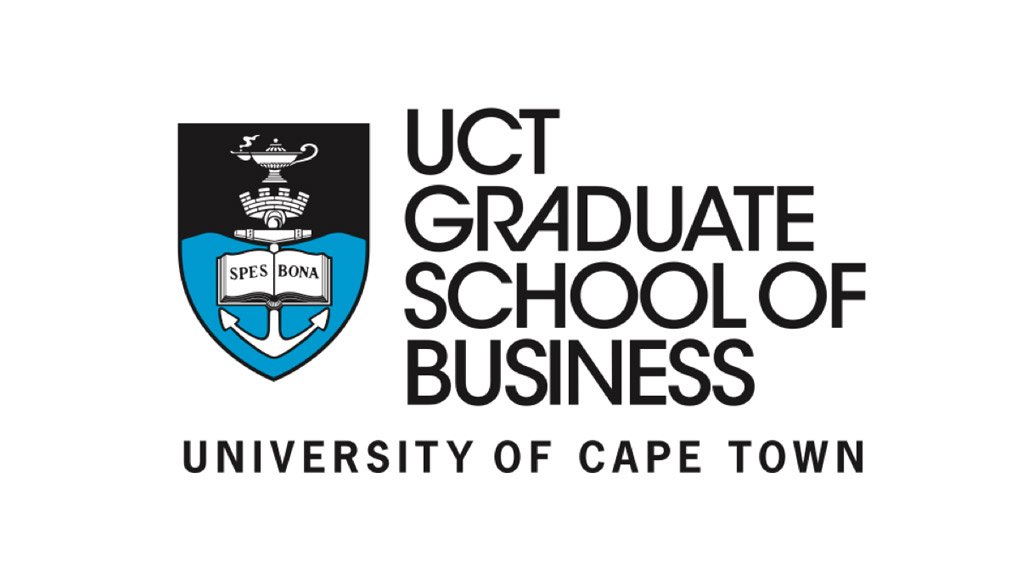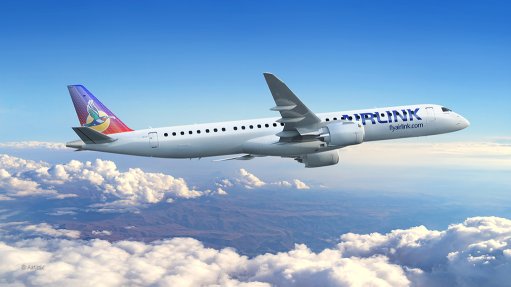UCT Graduate School of Business listed in global Executive MBA ranking
The University of Cape Town (UCT) Graduate School of Business (GSB) has been ranked fifty-ninth in The Economist’s inaugural Which MBA? list of Executive Master of Business Administration (EMBA) programmes, making it the only African business school to do so.
The comprehensive new ranking was designed to assist prospective students in choosing the best school for their requirements and would be published every two years.
While an MBA is aimed at the younger manager who wants to hone his or her management skills, generally an EMBA assumes a basic competence in the fundamentals of business and emphasises process, insight and the application of new learning.
The GSB EMBA is the only MBA programme in South Africa targeted at senior and executive managers and leaders. The programme enables students to be effective within increasingly complex organisational and social structures by stimulating their ability to think analytically and holistically and enhancing their capacity to come up with novel solutions.
To compile the Which MBA? ranking, The Economist invited all universities in its regularly published full-time MBA rankings to participate. In addition to the current classes of students, it also surveyed the previous two years of graduates, which makes the ranking particularly significant, as it gives a broader picture.
The Kellogg School of Management at Northwestern University, in the US, which had four programmes in the top ten, took first place in the Which MBA? ranking. Other notable schools on the list include the University of Oxford’s Saïd Business School, the University of Chicago’s Booth School of Business and Georgetown University’s McDonough School of Business.
Joint programmes did particularly well, with The Economist noting that these programmes often ranked higher than universities’ standalone programmes, likely because they were more international and enrolled more experienced students.
The results were based on data provided by universities and programme participants. The most important criteria for evaluation included the personal development of participants, the quality of instruction and subsequent professional development.
GSB director Professor Walter Baets said the GSB’s inclusion in the Which MBA? ranking had implications, not just for the GSB, but also for business education in South Africa and the African continent in general.
He stated that the importance of African business schools in global economics was starting to be realised.
“African business schools are spearheading emerging economy business thinking from their close proximity to emerging economy issues and have the opportunity to redefine tired old business models that don’t work so well in emerging markets to create ones that focus on developing the base of the pyramid and creating shared value,” he indicated.
According to Baets, GSB had, in recent years, noticed that accreditations and international rankings were becoming increasingly important factors to prospective students, especially foreign students, of which the school had a growing number.
He cautioned, however, that while accreditations and presence in rankings gave the GSB an important international endorsement and benchmark, the school’s focus would remain on developing African-appropriate business schools.
“We do not want to recreate Harvard in Africa…We need something that goes beyond that to address the specific challenges that Africa has. If we use the accreditations as a quality improvement exercise but keep our focus on our own context, I believe we are on the right path,” Baets stated.
Meanwhile, GSB recently became one of 59 business schools worldwide, out of almost 13 700, to be triple-crowned when it received accreditation from the Association of MBAs, as well as the Association to Advance Collegiate Schools of Business. It was also re-awarded accreditation from the European Foundation for Management Development, which awards the European Quality Improvement System accreditation.
Article Enquiry
Email Article
Save Article
Feedback
To advertise email advertising@creamermedia.co.za or click here
Comments
Announcements
What's On
Subscribe to improve your user experience...
Option 1 (equivalent of R125 a month):
Receive a weekly copy of Creamer Media's Engineering News & Mining Weekly magazine
(print copy for those in South Africa and e-magazine for those outside of South Africa)
Receive daily email newsletters
Access to full search results
Access archive of magazine back copies
Access to Projects in Progress
Access to ONE Research Report of your choice in PDF format
Option 2 (equivalent of R375 a month):
All benefits from Option 1
PLUS
Access to Creamer Media's Research Channel Africa for ALL Research Reports, in PDF format, on various industrial and mining sectors
including Electricity; Water; Energy Transition; Hydrogen; Roads, Rail and Ports; Coal; Gold; Platinum; Battery Metals; etc.
Already a subscriber?
Forgotten your password?
Receive weekly copy of Creamer Media's Engineering News & Mining Weekly magazine (print copy for those in South Africa and e-magazine for those outside of South Africa)
➕
Recieve daily email newsletters
➕
Access to full search results
➕
Access archive of magazine back copies
➕
Access to Projects in Progress
➕
Access to ONE Research Report of your choice in PDF format
RESEARCH CHANNEL AFRICA
R4500 (equivalent of R375 a month)
SUBSCRIBEAll benefits from Option 1
➕
Access to Creamer Media's Research Channel Africa for ALL Research Reports on various industrial and mining sectors, in PDF format, including on:
Electricity
➕
Water
➕
Energy Transition
➕
Hydrogen
➕
Roads, Rail and Ports
➕
Coal
➕
Gold
➕
Platinum
➕
Battery Metals
➕
etc.
Receive all benefits from Option 1 or Option 2 delivered to numerous people at your company
➕
Multiple User names and Passwords for simultaneous log-ins
➕
Intranet integration access to all in your organisation





















